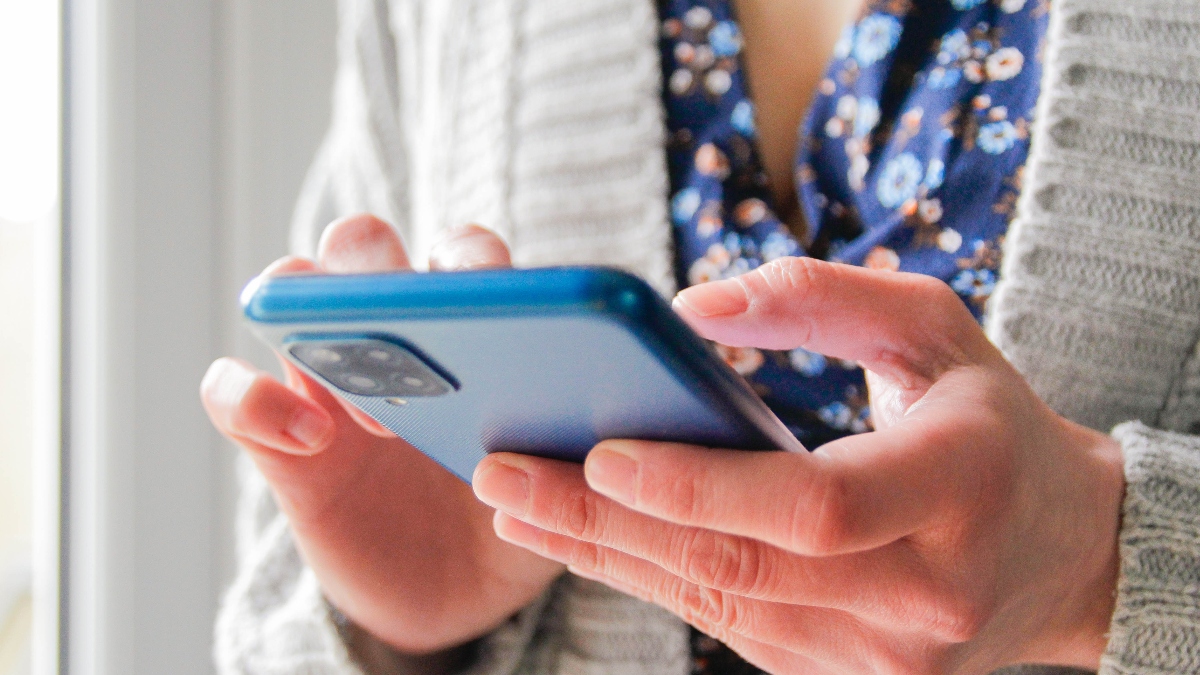If you use an Apple device, it can certainly raise a red flag when you get a message telling you there’s an issue with your account. You may be worried that someone has hacked you or even spent your money on the Apple website without your knowledge. That is often the case with the Apple account access limitation security alert text that continues to make the rounds. Keep reading to learn more about this scam, the variations it can take and what to do if you receive the message.
What is the Apple security alert text scam?
Phishing attempts are commonly done via text message these days, and that’s true with this particular scheme. Users have reported receiving an “Apple Security Alert” text alerting them that someone has allegedly made a large purchase after gaining access to the recipient’s Apple ID.
One Reddit user posted a message they received a month ago. It reads: “We have detected unusual activity on your Apple ID associated with a transaction at ‘Apple Store – CA’ for $143.95, made via Apple Pay (pre-authorization). Additionally, we observed suspicious sign-in attempts and an Apple Pay activation request.To protect your account, these actions have been temporarily placed on hold. Please note: your photos, data, payment information, and linked cards could be at risk.”
The sender in the text claims to be the “Apple Support Team,” and encourages the recipient to reach out to figure out what’s wrong with their account.
Other variations of this text involve warnings that someone has hacked your Apple account. Someone shared an example of this message last year in an Apple forum thread.
“Apple Account Access Limitation! Security Alert!
We suspect that your ‘Apple ID’ account may have been accessed by someone else to purchase Bitcoins from Coinbase, hence we have stopped that transaction. Also, we have found traces of someone attempting to send spam emails or gain access to your financial or personal information by using your password.”
In this case, the recipient is told they must verify their identity by completing a security challenge and then changing their password.
How the scam works
Like many other scams, the bad actors are creating a sense of urgency with the hopes that people will quickly act without verifying the legitimacy of the message. When someone believes their money has been stolen and used for an unauthorized purchase, they’re more likely to fall for the scam.
This particular scheme certainly tries to scare potential victims by including phrases like, “Failure to act promptly may result in the charge being processed and irreversible,” in the message.
If a person is worried their account is compromised, they may then reach out to Apple Support via the phone number or link provided in the text. The problem is this contact information is linked to a fraudster, not an actual customer service representative.
When you call the number, the fake support agent will ask for your personal and account information to steal from you. He or she may even request remote access to your phone.
“Once they have access, they can install spyware, steal passwords and access your bank accounts while pretending to help you fix a security problem,” shares MacObserver.com.
What to do if you receive an Apple account security alert text

If you receive one of these phony security alert texts, avoid engaging with the sender or using any of the contact information provided. (Note: Apple shares on its site that it will never ask for account information to provide support.)
In cases where you accidentally provided information to the scammer, log into your account and change your password immediately. This is a good idea even if you suspect your account has been compromised without engaging with the phishing text.
For concerns about charges via your Apple account, you can review your recent purchases in the App Store or iTunes Store. If you see unauthorized purchases, immediately contact your bank or credit card company and Apple customer service.
How to avoid Apple phishing scams
Though these Apple account alert texts are likely random and sent to a large number of people, there are still steps you can take to protect your device and account from scammers.
Here’s what Apple suggests:
- Set up two-factor authentication for your account
- Avoid sharing your password or verification codes with anyone
- Only download software from sources you trust
- Avoid using Apple Gift Cards to make payments to other people
- Only contact Apple customer service directly via verified channels






